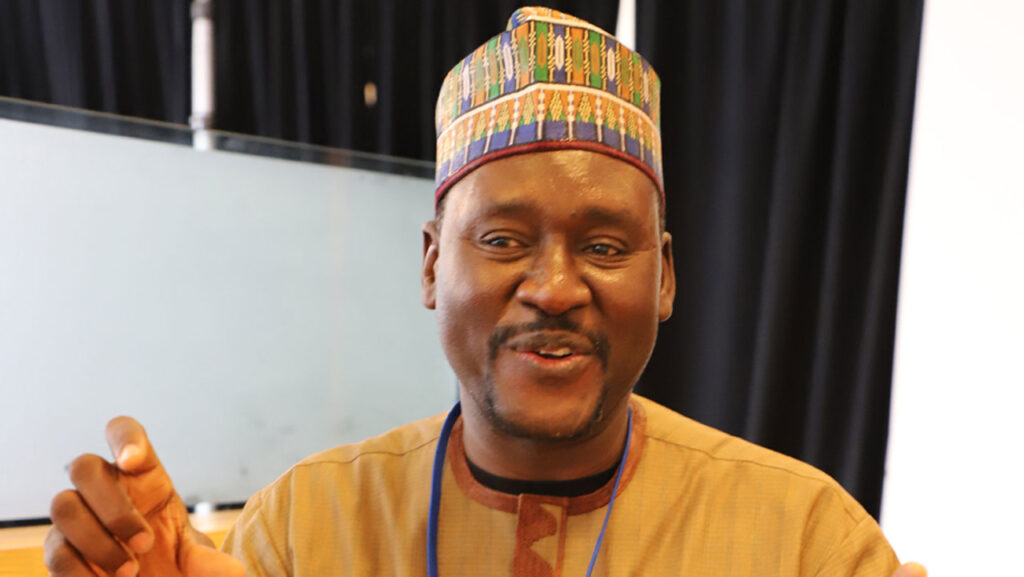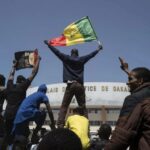
Transition Monitoring Group (TMG) has called on Nigeria and other West African nations to adopt Senegal’s democratic principles as a blueprint for advancement.
Chairman of TMG, Auwal Musa Rafsanjani, made the call in a statement made available to The Guardian, where he emphasised that amid the turmoil in the Economic Community of West African States (ECOWAS) as seen in Burkina Faso, Mali and Niger Republic, the announcement of the postponement of the presidential election in Senegal by President Macky Sall sparked concern and signalled fear of a likely fall of another democracy in the sub-region of Africa.
He, however, said the constitutional manner in which the institutions in Senegal managed the crisis, leading up to the just concluded election and the emergence of the youngest President-elect in the history of the country, presented immense democratic lessons for Nigeria, ECOWAS and the rest of Africa.
Rafsanjani stressed that Senegal’s constitutional council’s impartial intervention against Sall’s election delay underscored the indispensable role of independent state institutions in safeguarding democracy.
“This scenario left a less than one month period for the conduct of the election. The significance of this judgment is that it was carried out in the best interest of the nation, without fear and favour to the person of the President. This is a critical lesson as it remains one of the missing links in the democratisation process in West Africa,” he said.
He added that Sall’s adherence to the constitutional council’s ruling highlighted the importance of upholding constitutional mandates over personal interests, setting a vital precedent for the region.
“Also of great importance and lesson for democracies in the sub-region is President Sall’s immediate compliance with the judgment, thereby abandoning plans to postpone the contest until June and announcing that the first-round vote would be on 24 March. While this has largely been against the wide practice in most of Africa, where leaders twist the constitution to suit personal interests, the development in Senegal is worthy of note as it puts the state above every other person.
“A vibrant civil society and independence of the press are essential ingredients to the democratisation process, as demonstrated in Senegal since the postponement of the election, the civil society in the country intensified efforts to mobilise and mount pressure on the institutions of state to resist the attempt to truncate democracy while the media continually amplified and echoed the voices of the populace. Hence, rather than stifling civil society, Senegal has shown that it is a necessary tool for accountability and should be promoted.
“The resilience of youths can effect positive democratic changes, the enthusiasm of the youths of Senegal to effect their democratic process was sharply highlighted in the build-up to the election.
This saw young people across the divides rally around the youthful party and youthful representation spearheaded by the charismatic Ousmane Sonko.
It is the massive support as demonstrated by the youth without resorting to politics of identity on the basis of ethnicity, tribalism or religion that paved the way for the emergence of 44-year-old Bassirou Diomaye Faye as President-elect from the March 24 election. This represents a wake-up call to youths in Nigeria and ECOWAS to unite above identity politics to positively effect changes in their country’s politics.”
Rafsanjani pointed out that free, fair, credible elections are possibilities in Nigeria and other ECOWAS countries, noting that some of the obvious reasons for the failure of democracy in West Africa include its tendency to never conduct elections devoid of rancour of irregularities and logistic failure.













